Herbal Angels Gets Wings Clipped
Black Hole Spotted in Cannabis Permitting Process
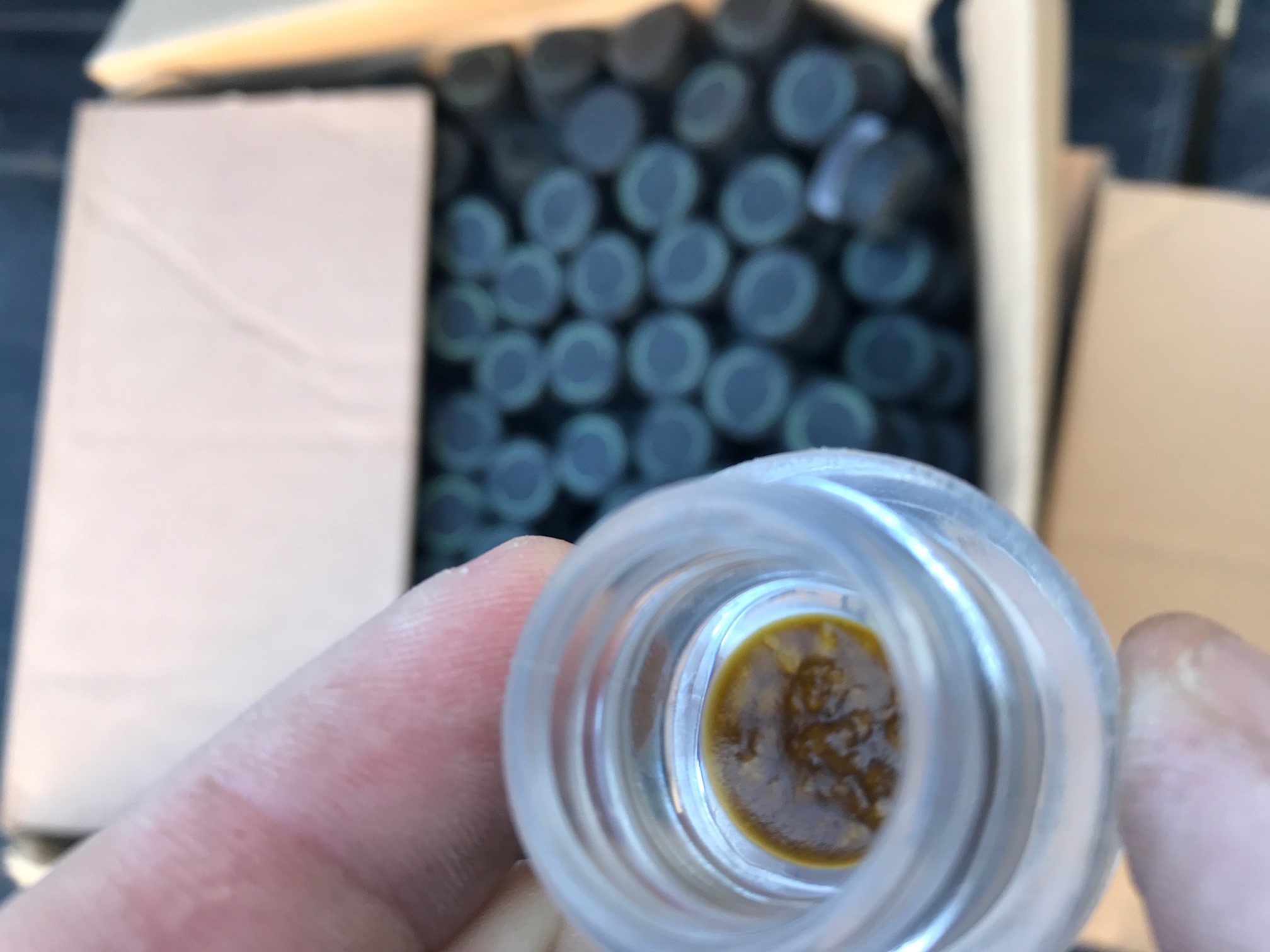
It was a dramatic case of the left hand not knowing that the right hand even existed, let alone what it was doing. Earlier this month, high ranking Santa Barbara County planners had given the green light to Herbal Angel’s proposed 102-acre marijuana operation on Cebada Canyon Road just outside Lompoc; less than two weeks later, the same operation was the focus of a law enforcement raid by 20 law enforcement officers associated with the county’s Cannabis Compliance Team.
Along the way, they seized $1 million in alleged contraband and recommended three felony charges be filed be filed against principals behind Herbal Angels. The raid — with law enforcement officers wearing bullet-proof vests — on Herbal Angels’ facility took place December 16. On December 4, the county’s Planning Commission had held a hearing whether to grant Herbal Angels the Conditional Use Permit it sought for a cultivation, processing, and manufacturing operation. County planning staff had recommended approval. Approval was delayed, however, when planning commissioners John Parke and Michael Cooney pressed for more time to review the information and to consider additional conditions.
Cooney would later say he was totally blindsided by the raid as was county planning chief Lisa Plowman. “It was like waking up to find that your new bride was a serial killer,” opined Cooney, not typically given to such colorful imagery. The case of Herbal Angels highlights a significant gap in how the county vets cannabis applications.
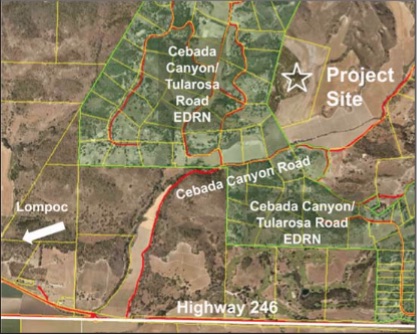
Among the three offenses alleged by the Cannabis Compliance Team is the falsification of public records and documents by Herbal Angels. While authorities have declined to elaborate any further, the question is whether company principal Eli Sheiman lied when he signed an affidavit claiming that cannabis had been medicinally grown on the site before January 19, 2016. That date was chosen by county supervisors as the cutoff for cannabis growers after state voters legalized recreational cannabis in November 2016 — if the grow existed before that date, the grower’s application would be considered by Santa Barbara County. Any applicants seeking to be grandfathered in under this provision had to sign affidavits to that effect. On January 18, 2018, Sheiman did just that.
Without these affidavits, county executives in charge of legalized cannabis will not refer the necessary paperwork to the state authorities in charge of approving cannabis licensing. In other words, no affidavit, no state license. No license, no legalized cannabis.
Aerial photos visible at Google Earth suggest no cannabis — whether medicinal or recreational — was grown on the site until well after that January 2016 cutoff date. In fact, the property in question was not purchased until May 2017, and the prior owner — vintner Blair Pence — is perhaps the most vehement opponent of cannabis cultivation in the Santa Ynez Valley. Neighbors have since complained about the lights and generator noise associated with Herbal Angels’ cannabis cultivation, triggering an official complaint with the county in November 2018, which, in turn, triggered a subsequent investigation.
The $64 million question is whether the criminal charges against Herbal Angels will prove fatal with the Planning Commission. Under existing rules, affidavit verification does not occur until after all the necessary land-use permits have been secured and the process of applying for the necessary business licenses can commence. This information, in other words, is not directly relevant to whether Herbal Angels’ application complies with the county’s land-use rules.
Complicating matters further, the county supervisors voted in 2017 they would not verify the accuracy of affidavits submitted by cannabis growers seeking to be grandfathered into the process; to do so, the supervisors opined, would have required a massive investment in staff time that exceeded the county’s capacity.
Critics of the new industry have expressed concern that these unverified affidavits have created a loophole through which an army of Mack trucks could drive. How many other applicants are lining up for conditional-use permits based on these documents is not now known. (With the holiday season, county planners are not available to crunch these numbers.)
Barney Melekian — part of the executive administrative team now bird-dogging cannabis issues for the county — said he intends to make sure no similar surprises occur. In the meantime, the Herbal Angels application is slated to come back to the Planning Commission on January 28.
On the table are plans to grow three acres in mixed-light greenhouses for new plants, 15 acres of hoop-house cultivation, a two-story structure for drying and processing cannabis, and another two-story structure for extracting cannabis oils from the plants using volatile and non-volatile chemicals to do so. In addition, Herbal Angels is seeking a conditional-use permit for three employee domiciles. During harvest season — about 60 days a year — Herbal Angels anticipates a workforce of 60. When not in harvest, about half that.
During the Planning Commission hearing, Herbal Angels put on an impressive presentation; Eli Sheiman, the commissioners were told, was a UCSB graduate who has been committed to teaching environmental sustainability to school-age kids. His father, the commissioners heard, was a well-respected doctor in Santa Maria who ministered to the needs of farmworkers. Herbal Angels, they were told, had hired as the head of security an individual experience working with the FBI and the NSA among other agencies. In case of fire, they cited a 250,000-gallon water storage facility proposed.
Critics of the proposal complained that the facility will effectively industrialize a neighborhood that’s backwoodsy and bucolic. The truck and employee traffic generated by the facility, they argued, would pose a hazard to residents traveling on the canyon’s narrow and winding roads.
The Planning Commission will next review the application January 29. At that time, a determination will be made regarding the extent to which the criminal actions against Herbal Angels has relevance for the land-use decision to be rendered.
Correction: It was in 2017, not 2016, that county supervisors voted not to verify affidavits, and this story has been changed accordingly.

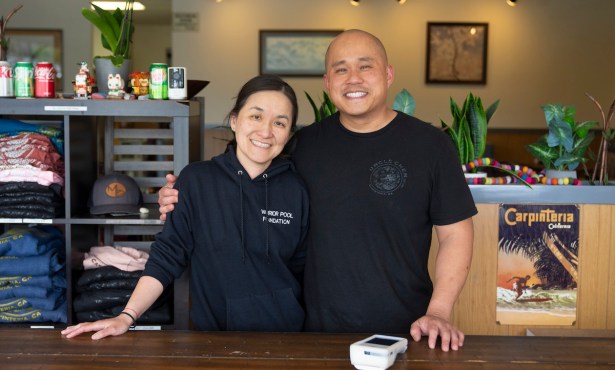
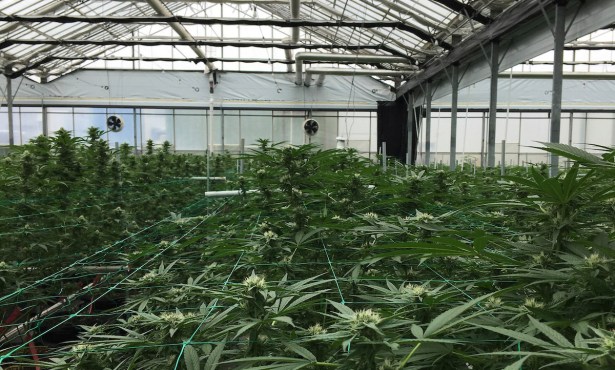
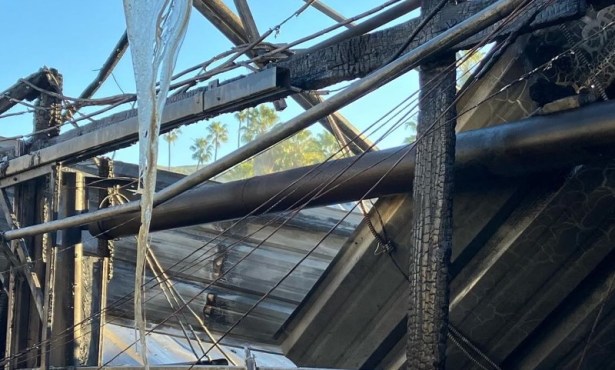
You must be logged in to post a comment.